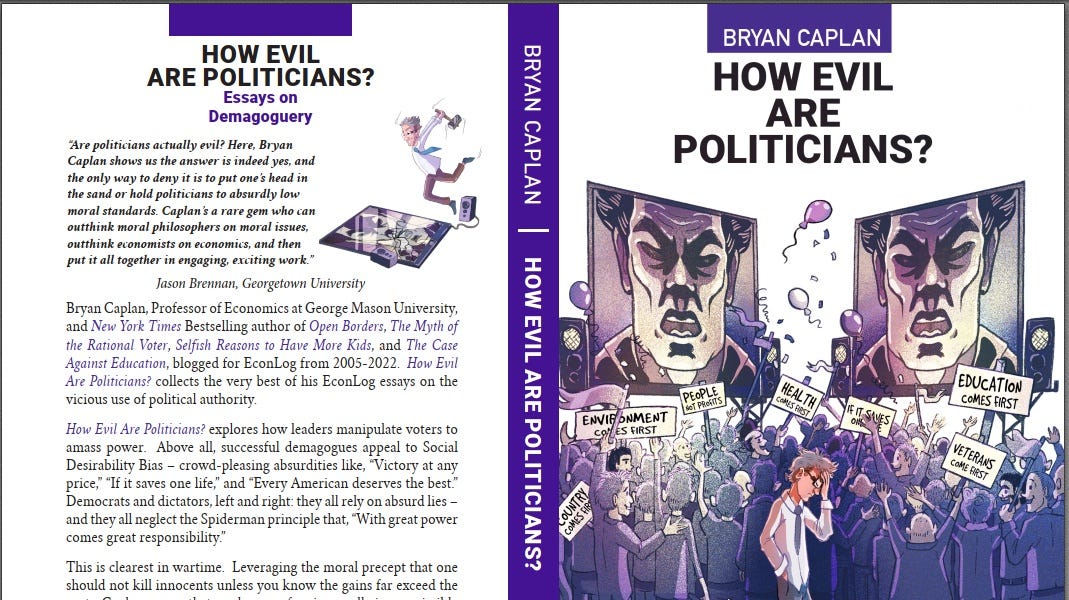The Demagoguery of Emperor Hirohito

🌈 Abstract
The article discusses the demagoguery and rhetoric used by Emperor Hirohito in his surrender speech at the end of World War II. It analyzes the speech, highlighting the emperor's attempts to portray Japan's actions during the war as being motivated by noble intentions, while glossing over the realities of the devastation caused. The article also draws broader lessons about the ubiquity of political lies and the need to be mindful of demagoguery in government.
🙋 Q&A
[01] The Demagoguery of Emperor Hirohito
1. What are the key points of critique made about Emperor Hirohito's surrender speech?
- The speech fails to explicitly use the word "surrender" and instead uses evasive language
- Hirohito claims Japan's wars were fought to ensure Japan's self-preservation and the stabilization of East Asia, despite evidence to the contrary
- Hirohito praises the efforts of the military and people, while downplaying the catastrophic consequences of the war
- Hirohito portrays himself as acting out of concern for his subjects and all of humanity, when his motives were likely more self-serving
- The speech is characterized as an example of demagoguery, using rhetorical techniques like hyperbolic praise and social desirability bias to obscure the realities of Japan's actions
2. How does the author view Hirohito's role and control over Japan's government and military during WWII?
- The author acknowledges that Hirohito did not have unilateral control over Japan's government and military, and was not in the same position as dictators like Hitler or Stalin at the time.
- The author notes that the Japanese Prime Minister made a similar surrender speech, suggesting Hirohito's rhetoric was not entirely his own.
3. What broader lessons does the author derive from analyzing Hirohito's surrender speech?
- The author argues the speech illustrates the ubiquity of "absurd political lies" and the cross-cultural power of demagoguery in politics.
- The author suggests this is a reason to embrace principles of limited government, as political leaders often use rhetoric to obscure their true motives and actions.
- The author contends that while politicians can sometimes lie for the greater good, the abundance of "pretty political lies" is a strong reason to be skeptical of government's ability to improve the world.
Shared by Daniel Chen ·
© 2024 NewMotor Inc.